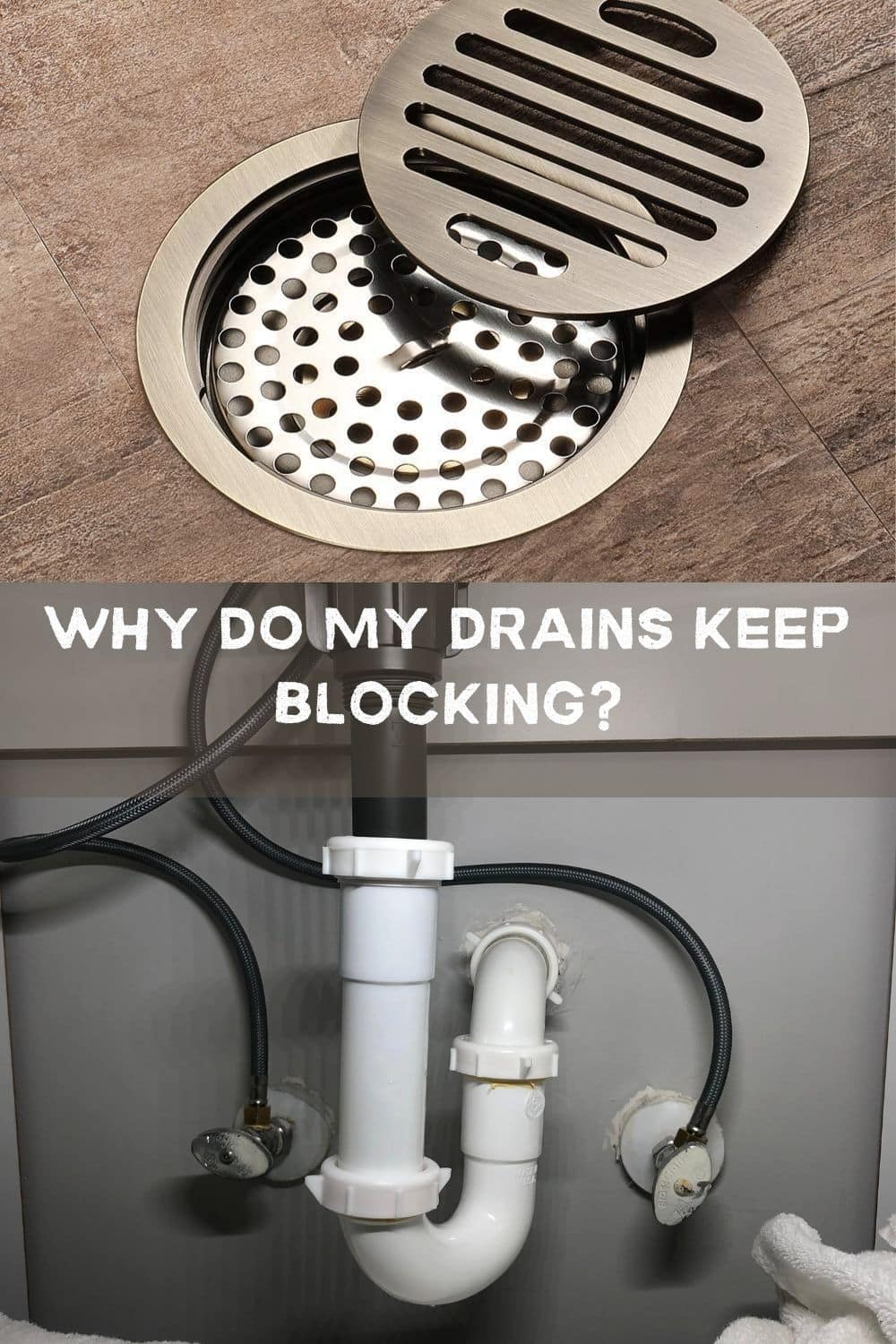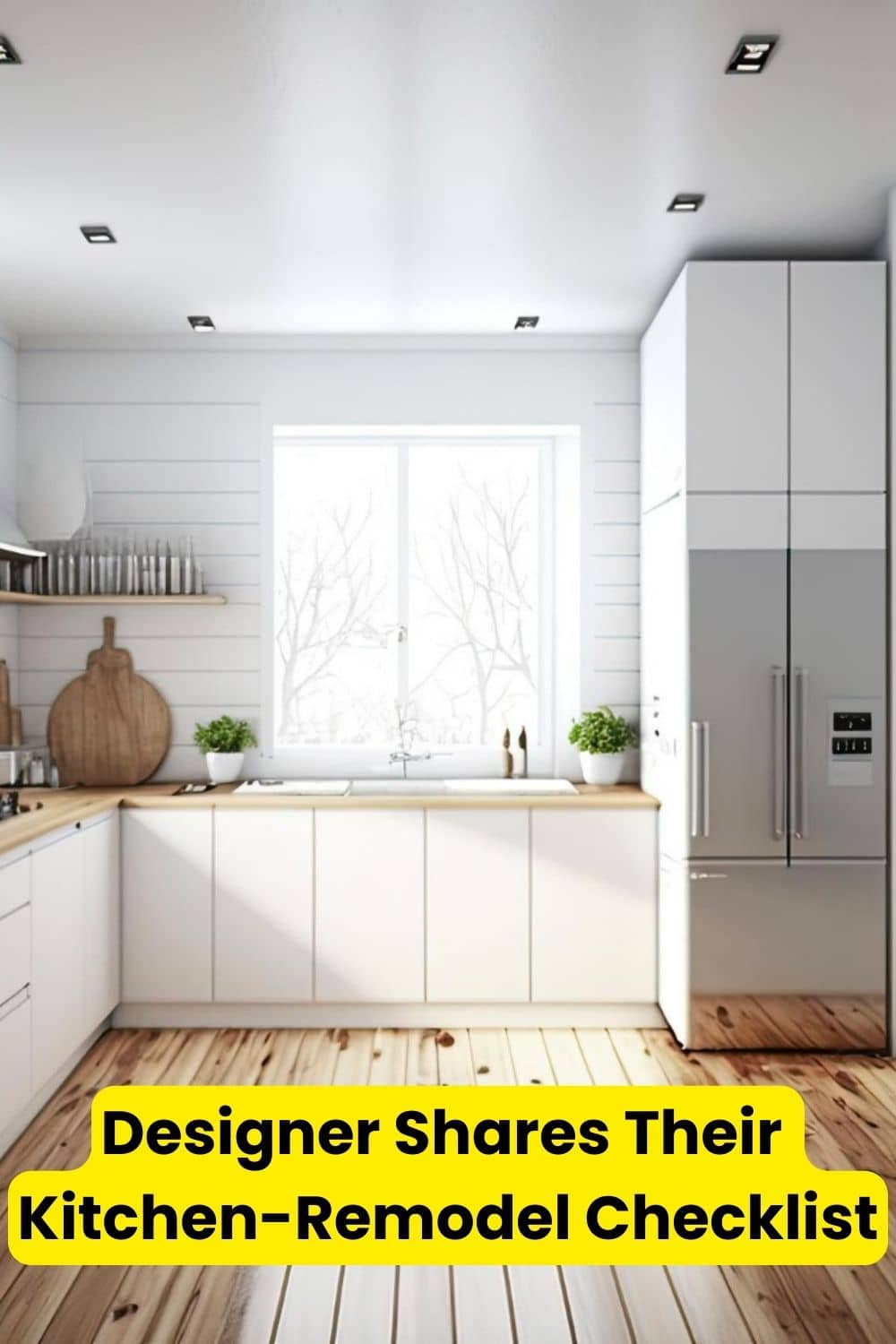If your drainage system at home just isn’t draining, then you’ve got a problem. Blocked drains are never fun, and trying to work out why the problem keeps happening can be frustrating.
But don’t worry.
Today, we’ll take a look at different reasons why your drain may be blocked and then tell you how to unblock drains, remove drain blockages, and fix a blocked drain yourself at home without needing a professional drainage engineer.
Let’s start below by looking at the main causes of blocked drains.
What has caused my blocked drain?
Ever asked yourself, ‘Why is my drain blocked?’ well, it could be for a variety of reasons, from foreign objects to hair, food waste to excess toilet paper, but below, we’ll talk about the most common reasons for a blocked drain so you can figure out which is most likely.
First, think about which drain is having issues.
You can have issues with any drain:
- kitchen sink
- bathroom sink
- outside drain
- kitchen drain
- shower drains
- toilet drain
You name it, and you can have an issue with it.
Before you start thinking about the most likely cause of your slow drain, keep in mind the drain you’re having plumbing issues with. That way, you can choose from our list of most common causes and decide which of the usual suspects is most likely causing your drain issues now.
Once you’ve decided that, it’ll be much easier to proceed.
Grease
Grease can block drains and pipe walls much quicker than people realise. You can easily prevent blocked drains in the kitchen by waiting for grease to solidify and throwing it out rather than pouring it down a drain, where it will often collect and build up in a u-shaped pipe.
Grease can clog pipes over time, and if you have been putting grease down your kitchen sink, then this can certainly make your drain blocked.
Hair
Obviously, the most likely area for this is the bathroom. Shower drains can quickly become blocked as hair, and soap scum accumulates in the drain, causing a blockage. This is probably the leading underlying cause of blocked drains in your bathroom.
Plants/dirt
Plants, tree roots, and dirt can all block and/or cause damage pipes with outside drains. Dirt, dead leaves, and other debris from outside are all common causes of broken or blocked outside drains, and this can cause overflowing and excess water when it’s raining outside – so be sure to look out for this if you’re noticing a problem with your outside drain.
Toiletries
Wet wipes, sanitary products, cotton wool, toilet roll, and other toiletries can all cause blockages. In fact, many people don’t think to check if their baby wipes, etc., are actually flushable before they try them.
This can cause blockages easily, so always check the packages before you flush materials down the drain, or else you may leave items blocking the drain, which will cause issues for you later.
Water flow is poor
Sometimes blockages aren’t the problem, though. Instead, your water flow might be the issue. If you flush a toilet and nothing happens, then the problem is likely related to the water, not your toilet and soil pipes themselves.
This could be because of your water pressure or a blocked air vent – professional plumbers will be able to determine the exact problem on site and help fix it for you.
Broken pipes
If you’ve noticed a leak anywhere, then the chances are your water drains, and pipes are damaged. Wastewater won’t be able to leave your property effectively if one of the main drains involved in the drain system is broken.
You probably won’t be able to fix this one yourself, though, so if you suspect broken pipes, contact the professionals!
Drain blockage
Almost anything can block a drain:
- foreign objects
- debris
- paper towels
- coffee grounds
- food particles
- soap scum
- hair
The list really does go on. To prevent blockages, you should think twice before anything goes down the toilet or drains in your house. Once a blockage has clogged your toilets or pipes, you might be able to unclog it yourself so long as you have the right tools. But more on that below.
Ways to unblock blocked drains
All of the issues we’ve discussed above are likely the causes of why your drain keeps blocking. If you repeatedly put things down drains and toilets that shouldn’t be, have old, damaged, or broken pipes, or don’t stay on top of cleaning and maintaining a drain consistently, then you will face drainage issues.
To help get the flow of your house back in order, here are some quick fixes that may help!
Baking soda and white vinegar
Baking soda and vinegar mixed together, followed by as much hot water as you can find, is a great way of removing blockages like grease, hair, and soap scum build-up. Be careful not to use too much baking soda.
Plunger/plumber’s snake
A drain rod, plumber’s snake, or plunger might also help you remove hair, debris, and any other blockage from your drains.
Boiling water
Sometimes simply boiling water is enough – great for a grease blockage, for example, although less likely to help with a larger, outside drain.
Chemical cleaners
Chemical cleaners can remove a blockage easily because they’re designed to break down organic matter quickly.
How to fix your drain system if at-home methods don’t help
If your blocked drain isn’t caused by a drain blockage but by your drainage pipes being damaged in some way, then you won’t have any choice besides to contact a professional plumber and drainage expert to come out and help.
Depending on where the broken pipes are, you could face costly repairs, especially if the problem is with underground pipes.
However, if the broken pipes aren’t on your property and aren’t drainage pipes you’re responsible for, then it will probably be the responsibility of your local authority or local water company.
A drain CCTV survey will be able to tell you what you are/aren’t responsible for and ultimately who needs to pick up the bill.
For now, if your problems persist, it’s best to hire a professional drain expert to come to take a look at your drains and give you further advice.
Final thoughts
Prevention is absolutely the best cure. Hopefully, today’s article has shown you the common causes of clogged drains, so you can think twice about how you treat your drains at home. No one wants dreaded sewer flies in their house.
Remember, if you aren’t sure if something should go down a drain, don’t put it down. And stay on top of drain cleaning and maintenance to prevent a build-up and a bigger problem later on!





Leave a Reply